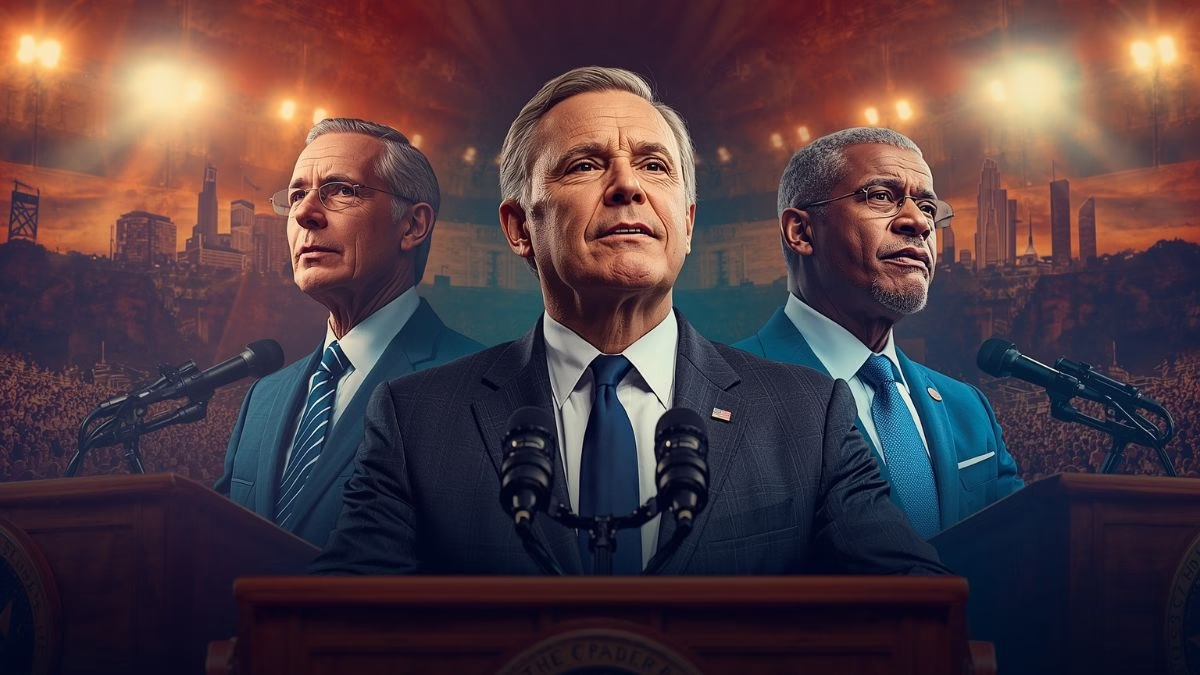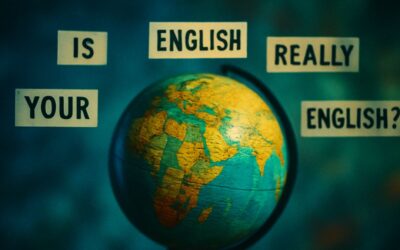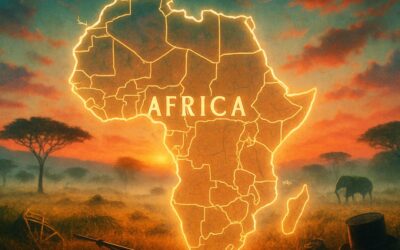Introduction
Words have power. They can start wars, inspire revolutions, unite nations, and ignite movements that change the world forever. Throughout history, great leaders have used the power of oratory to rally their people, challenge injustice, and offer hope in times of despair. This quiz is your journey through some of those pivotal moments. It’s more than just a test of names and dates; it’s an exploration of the ideas, the courage, and the artistry behind the most famous political speeches ever delivered. As you go through these questions, you’ll not only discover fascinating facts but also gain a deeper appreciation for how a single voice can echo through the ages. Are you ready to listen to the voices of history?
Learning Quiz
This is a learning quiz from English Plus Podcast, in which, you will be able to learn from your mistakes as much as you will learn from the answers you get right because we have added feedback for every single option in the quiz, and to help you choose the right answer if you’re not sure, there are also hints for every single option for every question. So, there’s learning all around this quiz, you can hardly call it quiz anymore! It’s a learning quiz from English Plus Podcast.
Quiz Takeaways | The Words That Built Our World
Have you ever stopped to think about the real power of words? We use them every day, to chat, to explain, to argue, to comfort. But in the hands of a gifted orator at a pivotal moment in history, words can become something more. They can become tools to build nations, to dismantle empires, to define justice, and to inspire millions of people to believe in a new future. The speeches we’ve just explored in this quiz are not just historical documents; they are live wires of human emotion and intellect that still crackle with energy today. They are proof that a single person, with a clear voice and a powerful idea, can change the world.
Let’s travel back to ancient Athens, to a public funeral for soldiers. The statesman Pericles steps up to speak. But instead of just listing the names of the dead, he paints a vibrant picture of the city they died for. He talks about democracy, about a society where citizens are judged on merit, not class, and where public life is a shared responsibility. He wasn’t just eulogizing soldiers; he was giving the people of Athens a reason to keep fighting. He was defining what it meant to be Athenian, and in doing so, giving a voice to the very idea of democracy that would echo for thousands of years.
Now, jump forward two millennia to a nation tearing itself apart. The American Civil War is raging, and on that same battlefield at Gettysburg, Abraham Lincoln delivers a speech so short it was over before many in the crowd even realized it had begun. In just 272 words, he does something extraordinary. He connects the brutal sacrifice of the war to the nation’s founding principles from 1776, stating it was a test of whether a nation “conceived in Liberty, and dedicated to the proposition that all men are created equal… can long endure.” He redefined the war, lifting it from a political struggle to a moral crusade for the soul of America.
This power to define a struggle is a common thread. When Emmeline Pankhurst stood before an American audience in 1913, she didn’t just ask for the right to vote. She declared that the suffragettes were soldiers in a civil war, and that they were faced with a simple choice: “Freedom or Death.” She forced her audience to see their fight not as a nuisance, but as a revolution. Decades later, Nelson Mandela would do the same from a courtroom in South Africa. Facing a possible death sentence for fighting apartheid, he used his speech to paint a picture of the “ideal” he was fighting for: a harmonious, democratic, non-racial society. He made it clear that this was an ideal he was willing to die for, transforming his trial from a criminal proceeding into a moral referendum on the injustice of apartheid.
Speeches also have the power to calm our deepest fears and call out our better angels. Imagine the terror of the Great Depression. Banks were failing, people were losing everything. And the new president, Franklin D. Roosevelt, gets on the radio and says, “the only thing we have to fear is fear itself.” With that single line, he named the enemy—not a failing economy, but the paralysis of panic—and gave people the courage to fight back. Years later, on the horrific night Martin Luther King Jr. was assassinated, Robert F. Kennedy stood on a flatbed truck in Indianapolis and spoke to a grieving crowd. He didn’t give a polished political speech. He spoke from the heart about his own brother’s murder, he quoted Greek poetry, and he appealed for peace and compassion. While other cities burned, Indianapolis remained calm, a testament to the healing power of honest, empathetic words.
And of course, speeches are our greatest tool for demanding change. From Patrick Henry’s fiery “Give me liberty, or give me death!” which helped ignite the American Revolution, to Sojourner Truth’s powerful question, “Ain’t I a Woman?”, which linked the fight against slavery to the fight for women’s rights. These weren’t just requests; they were demands. They were moments when the oppressed found their voice and spoke truth to power in a way that could not be ignored. Perhaps no image captures this more dramatically than Ronald Reagan standing before the Berlin Wall, a stark symbol of oppression, and issuing a direct, four-word challenge to the leader of the Soviet Union: “Tear down this wall.” It was a moment of political theater, yes, but it was also a crystallization of the hopes of millions.
From Queen Elizabeth I donning the “heart and stomach of a king” to rally her troops, to Jawaharlal Nehru’s poetic “Tryst with Destiny” on the eve of India’s birth, these speeches are the turning points of our collective story. They show us that leadership is not just about making decisions; it’s about explaining those decisions, about building consensus, and about inspiring people to believe in a shared purpose. They teach us that the most powerful weapon in the world is not a sword or a bomb, but a well-chosen word, delivered at the right moment, by a voice that rings with conviction. And by listening to these echoes of history, we can learn a lot about how to use our own voices to shape the world today.










0 Comments